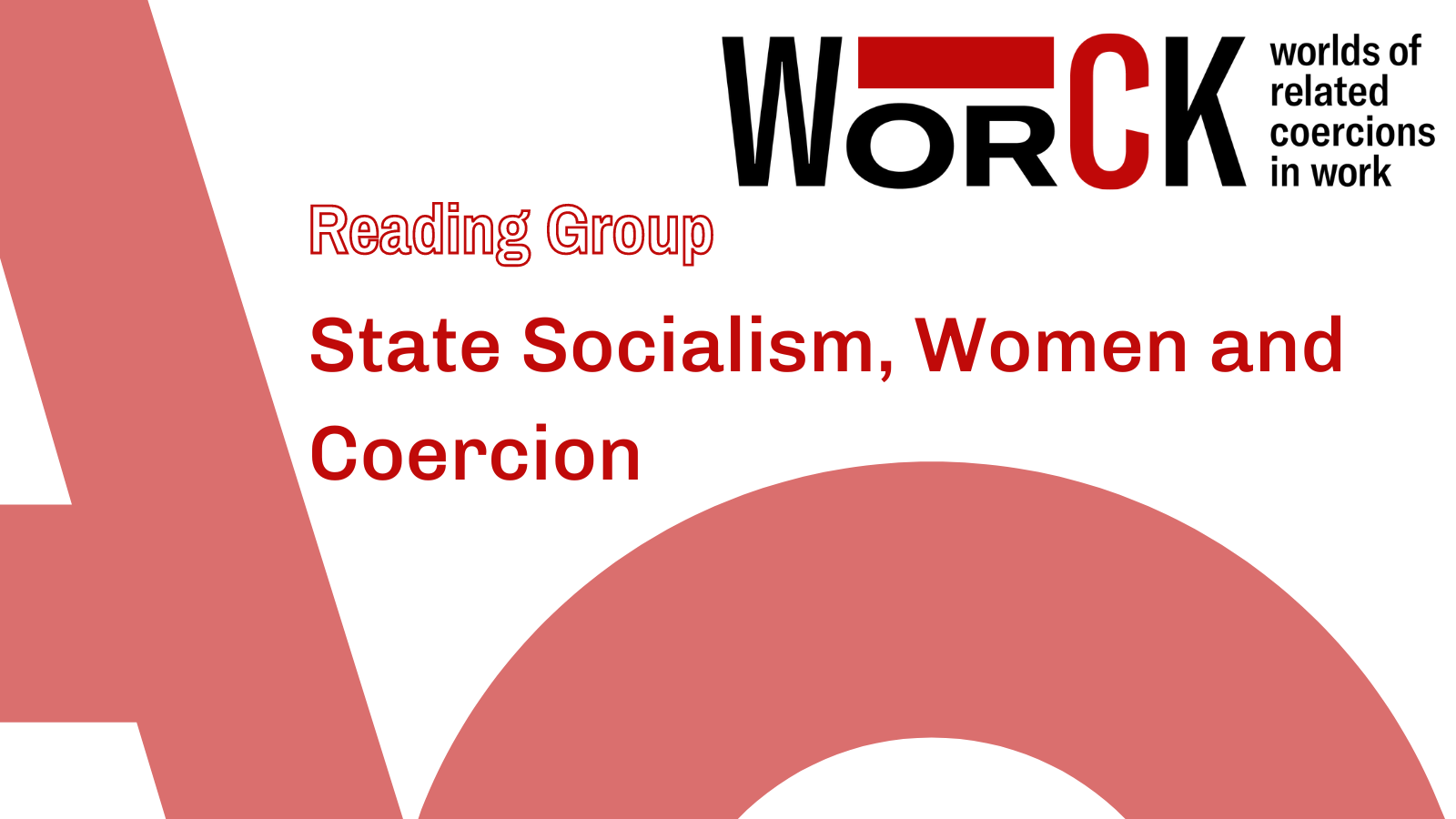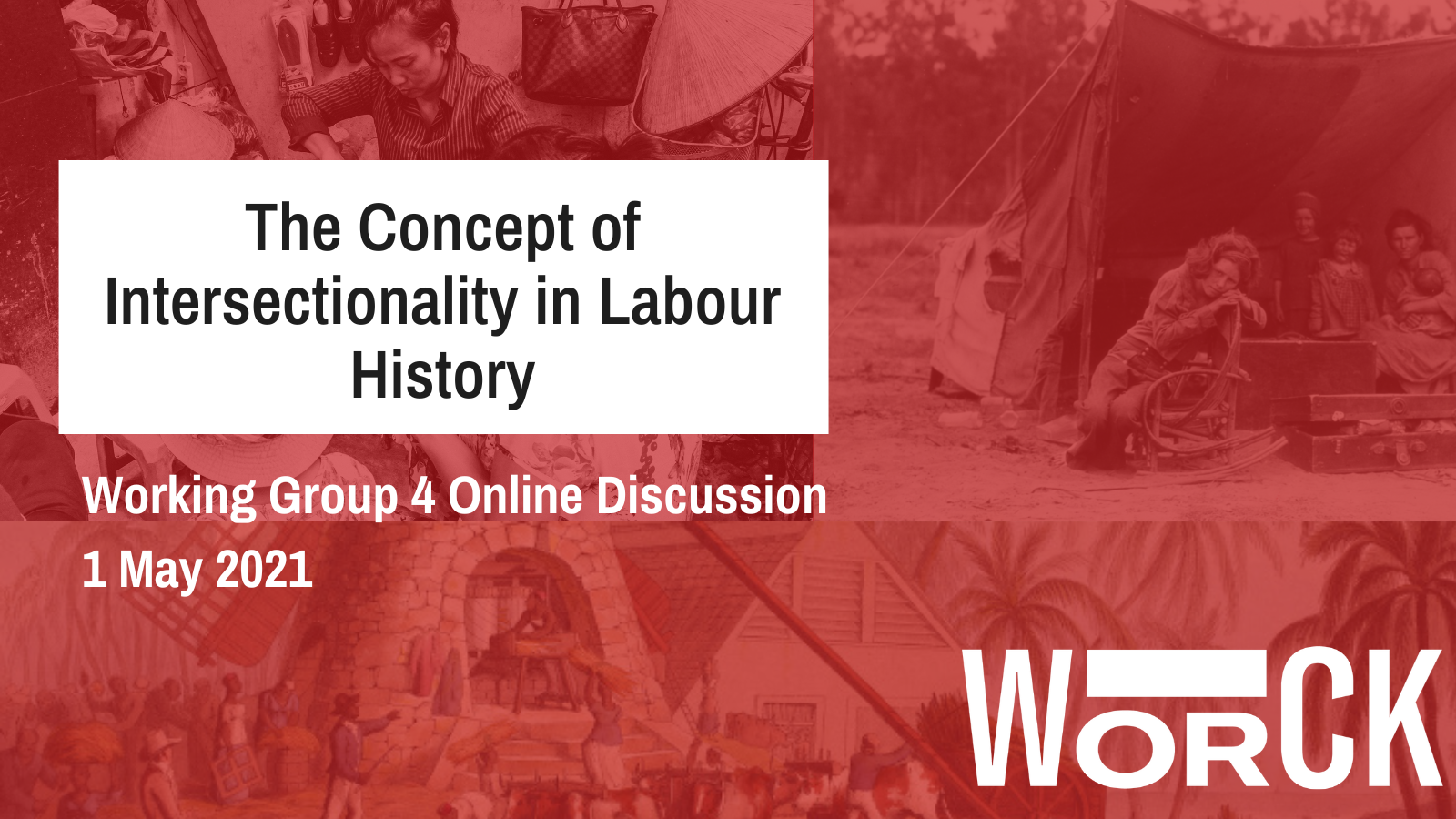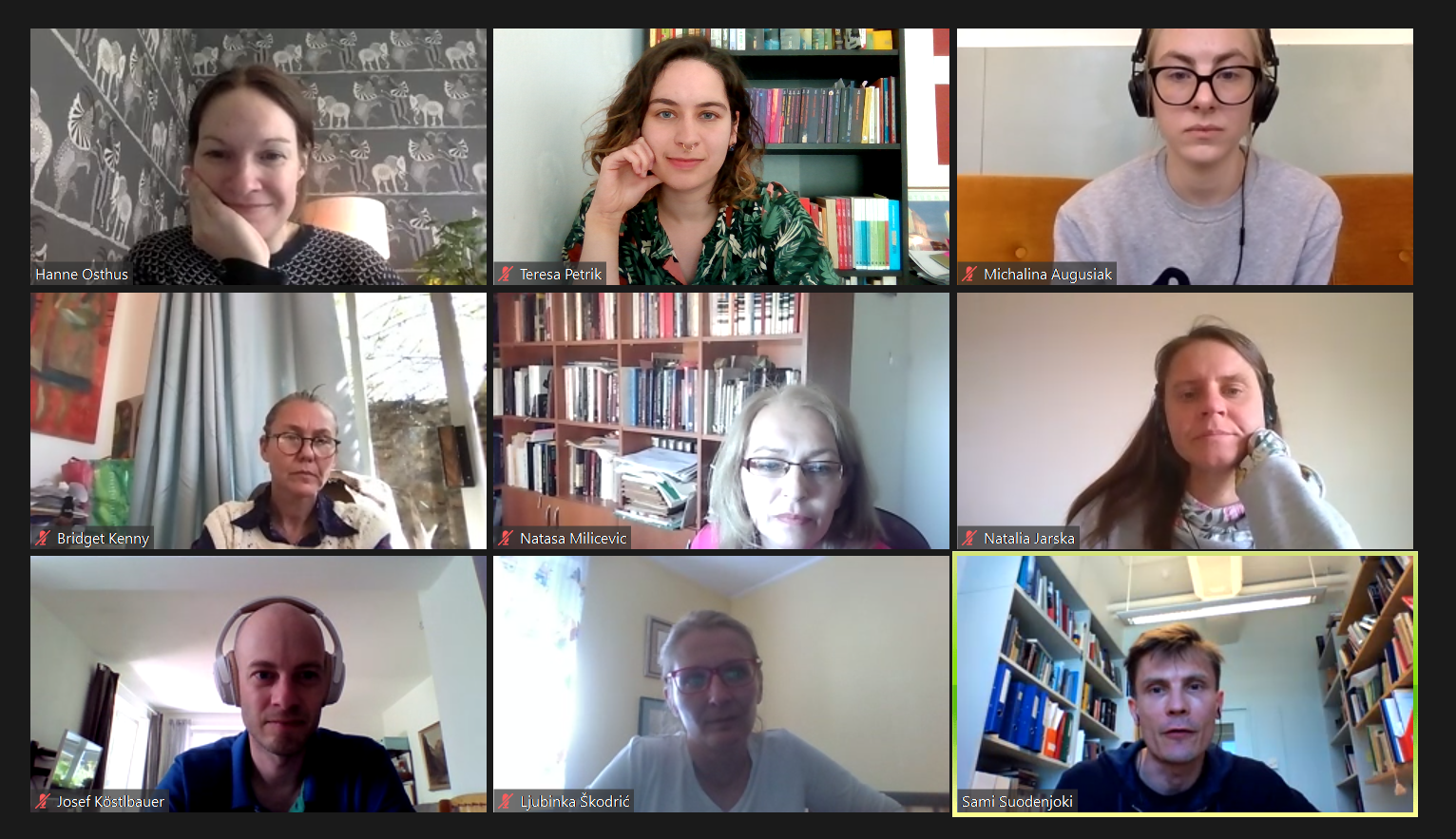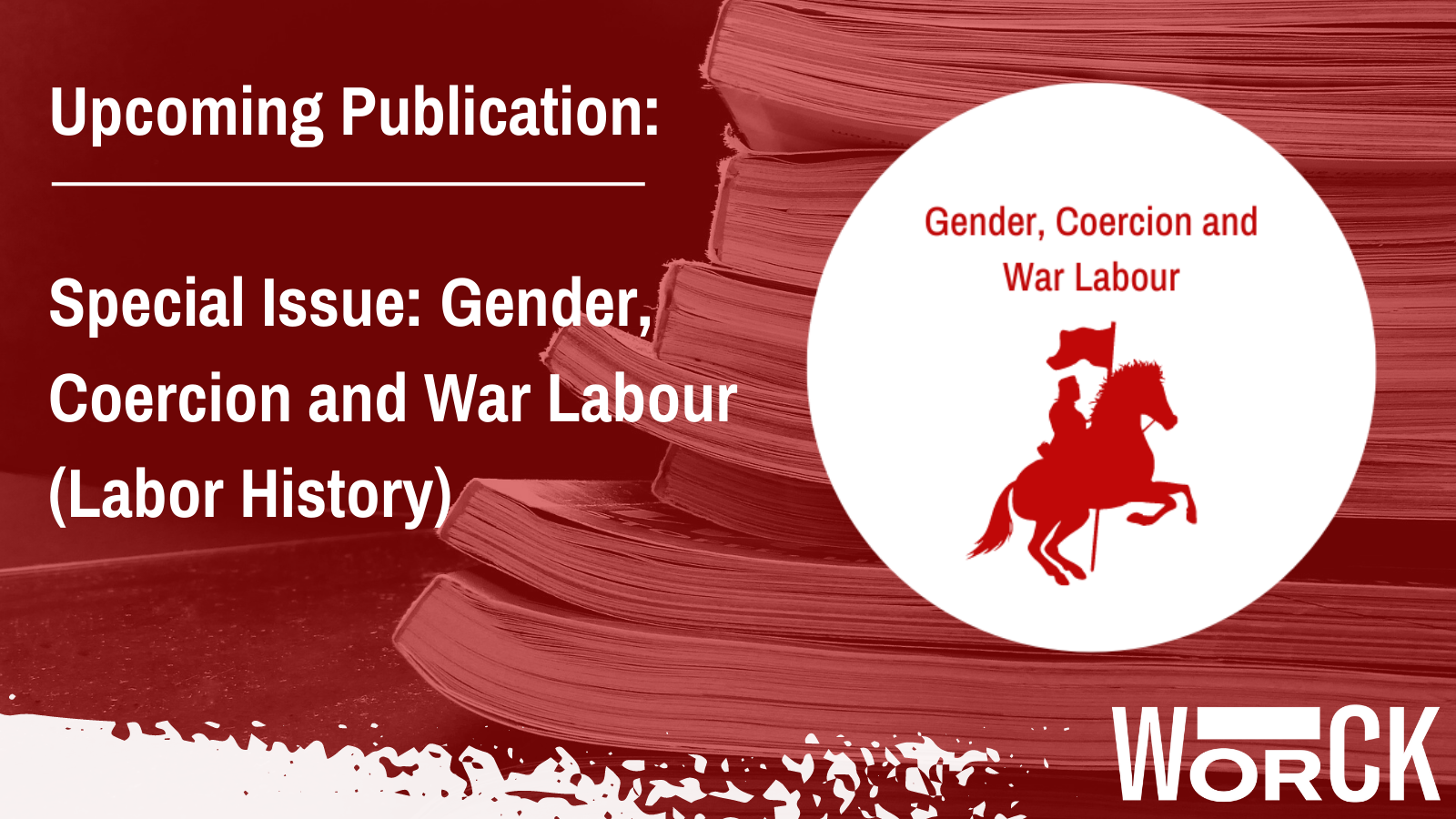Working Group 4: Intersecting Marginalities




Working Group Coordinators
- WG Leader: Hanne Østhus (Trondheim, Norway)
- WG Co-Leaders: Natalia Jarska (Warsaw, Poland), Reka Krizmanics (Jena, Germany)
- Contact: osthushanne@gmail.com
Objective
The working group “Intersecting Marginalities” focuses on asymmetrical power relations around difference markers such as gender, age, legal status, class, race, religion or sexual orientation. “Intersecting Marginalities” explores the ways that acts of bigotry and persecution based on these differences interrelate to create a system of asymmetrical dependencies and discriminations. It analyses systemic injustice, social inequalities and coercive mechanisms at work in new ways, with a focus on the interrelations between power structures and individual agency.
WG 4 applies intersectional analysis, until now largely confined to feminist theory and studies of contemporary society, to the history of work. At the same time, it contributes to the full historicisation of intersectionality.
Recent Activities
Special Issue: Gender, Coercion and War Labour
The WG 4 members Fia Sundevall (MC Member, Sweden), Christine De Matos (nominated as MC Observer, Australia), Julia Heinemann (Austria) and Anders Ahlbäck (Finland and Sweden) are coordinating a special issue on “Gender, War and Coerced Labour” in the journal Labor History. This special issue will engage with labour and war in its many gendered forms, and will note that much of this labour is indeed coerced to various degrees. The time period is broad, and there are no geographical limitations. The issue is planned for publication in 2023.

Reading Group: State Socialism, Women and Coercion
Members of WG 4 have initiated a sub-group on “State Socialism and Coercion”:
Growing out of preexisting collaborations within Working Group 4 and beyond, our reading group on state socialism, women, and labour continued to meet during the academic year of 2021/22. Managed by Réka Krizmanics, it retained a diverse membership both in terms of disciplinary background and career stage and welcomed multiple new participants.
Designing the agenda of individual sessions in a collaborative manner, the reading group had three major objectives. First, we wanted to keep track of larger debates that have been shaping our fields of inquiry. In this vein, we spent the most time discussing women’s agency under state socialism and where the debate might be heading. Second, we made sure to reflect on new trends in scholarship, exemplified by our sessions that dealt with state socialist gender regimes in the global context and the importance of race in related research. Third, we encouraged our members to submit work-in-progress to be discussed in a workshop-like format, which led to the discussion of dissertation chapters and article manuscripts, fostering an atmosphere of collegiality and constructive feedback.
As is often the case with groups that meet frequently in person or in online (as in our case), there is a great chance for the formation of new collaborations: some of our members put together a panel for the annual conference of ASEEES.
The reading group will resume its work in October on a six-weekly basis. We meet via Zoom for sessions that last 60–90 mins, and the discussions are based on pre-circulated texts. We would be happy to welcome new members both from WORCK members and beyond. If you have any questions or are interested in participating, do not hesitate to contact us: reka.krizmanics@uni-leipzig.de.